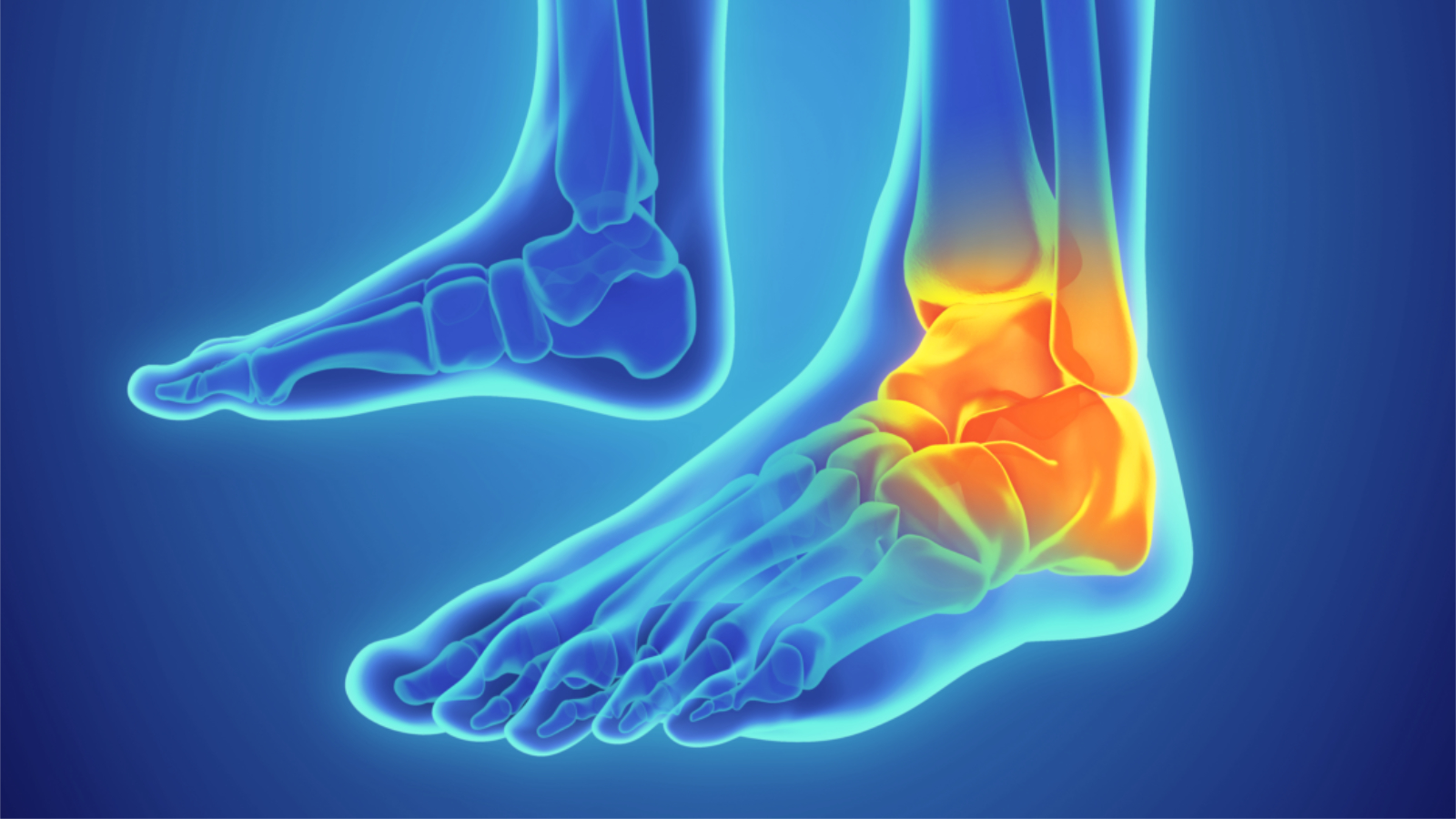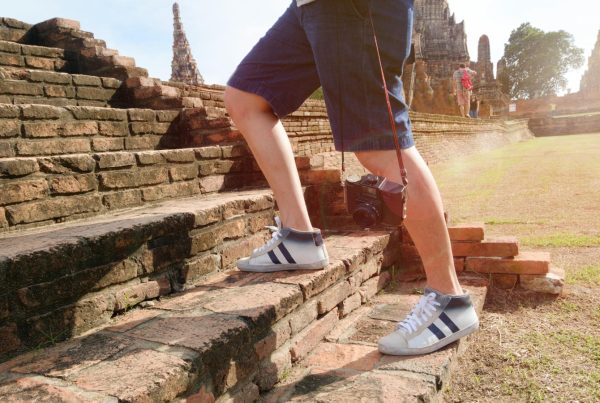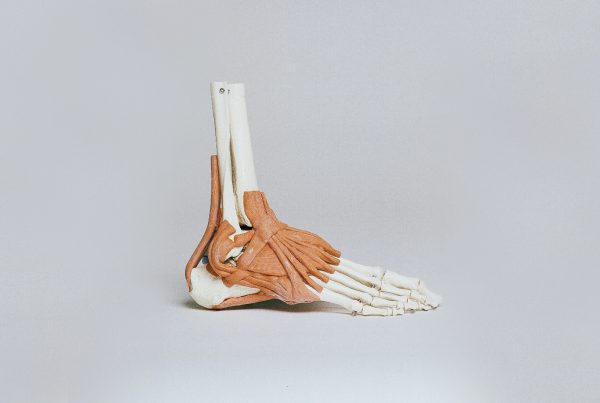Steroid injections into joints (intra-articular injection) are an important rung in the ladder of treatment of arthritis. They act as a powerful locally concentrated anti-inflammatory. However, despite being introduced into the joint, some of the steroid gets into the rest of your body and can cause side effects. For example, if you are diabetic it can cause problems with your glucose control or if you are hypertensive, your blood pressure. Another less well-known side effect is a short-lived damping down of your immune system (immunosuppression) which can you make you more prone to infection.
At the start of the Covid-19 crisis, the World Health Organisation (WHO) highlighted a theoretical risk that the immunosuppression that occurs could increase the risk of catching Covid-19, or suffering worse Covid-19 symptoms. Guidelines were produced here in the UK, recommending a cautious approach to their use. Due to the evolving environment of uncertainty, and difficulty treating patients at all, this was almost universally interpreted as an instruction to stop steroid injections completely. This has proved problematic for many patients with severe symptoms, as access to surgery has also diminished significantly during this crisis.
Fortunately, 2 recent articles in the Bone and Joint Open Journal and from the British Orthopaedic Association have questioned this interpretation of the evidence and suggested a more pragmatic risk based approach.
These articles acknowledge the theoretical increased risk of contracting Covid-19, or suffering more severe symptoms from it, secondary to immunosuppression from a steroid injection. However, the risks are yet to be truly quantified. These risks are probably higher if you are over 70, or have many other illnesses (co-morbidities). But these risks need to be weighed up against how much pain and limitation you are suffering, and whether there are any other options. It is always sensible to exhaust all non-interventional treatments before moving on to injections or surgery: Optimising oral or topical pain killers and anti-inflammatories, and splinting painful joints, can be remarkably effective. Unfortunately access to safe surgery is also limited currently, due to the Covid-19 crisis, leaving patients with limited options.
There are several recommendations for the use of steroids: utilise the smallest dose possible; ensure they are administered in as Covid free environment as possible; if you are in a vulnerable group consider isolating and a having a Covid test just before a steroid injection, to ensure you are Covid free; most importantly, make sure you have a thorough conversation with your doctor about the risks and benefits of all your treatment options. Only in this way can you make a fully informed decision about what option is right for you.
There is undoubtably a theoretical increased risk of problems with steroid injections currently, due to Covid-19. However the numbers of Covid cases are falling rapidly, and our alternatives are being limited in a number of ways. These recent studies offer a pragmatic approach to the reintroduction of this therapy, in a safe and considered manner.




